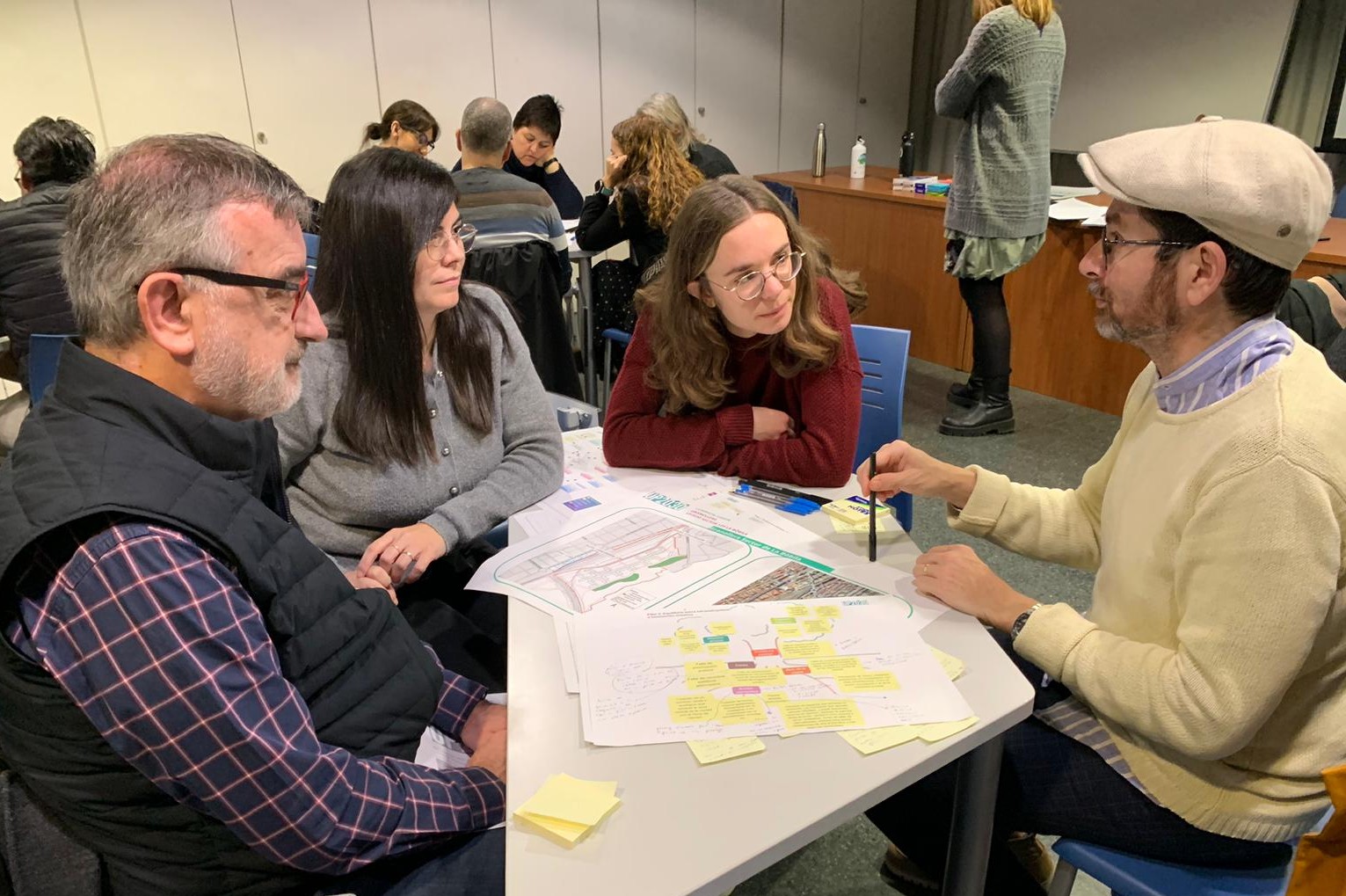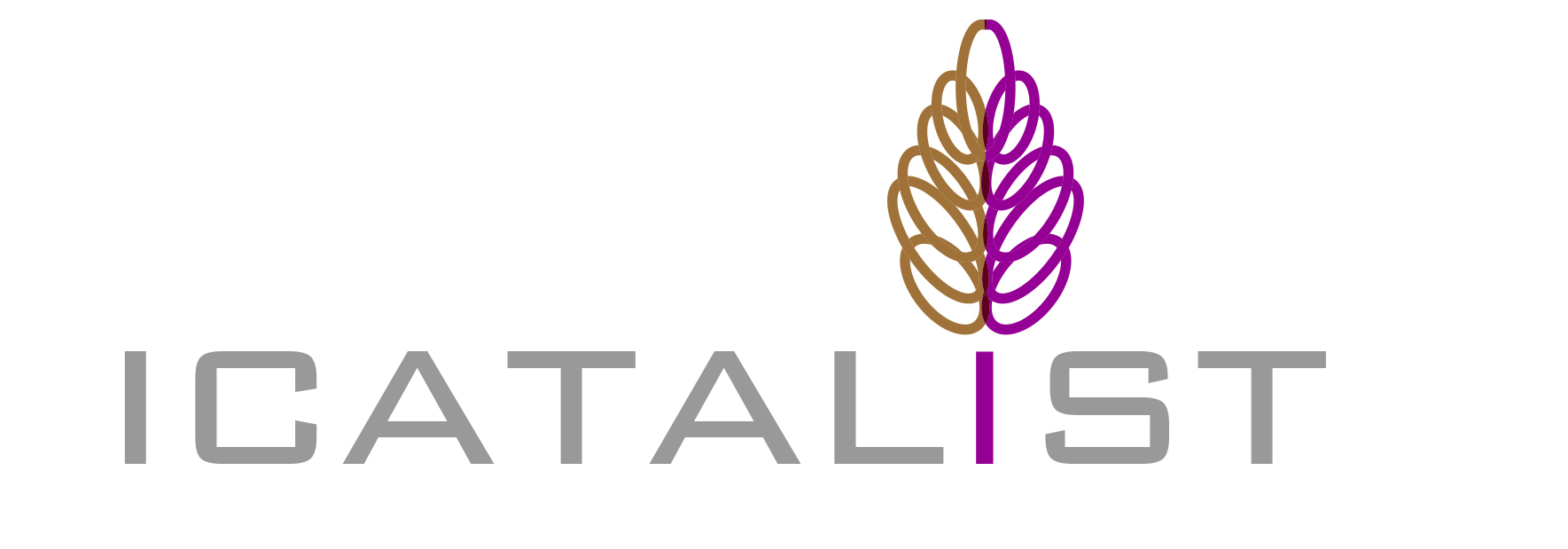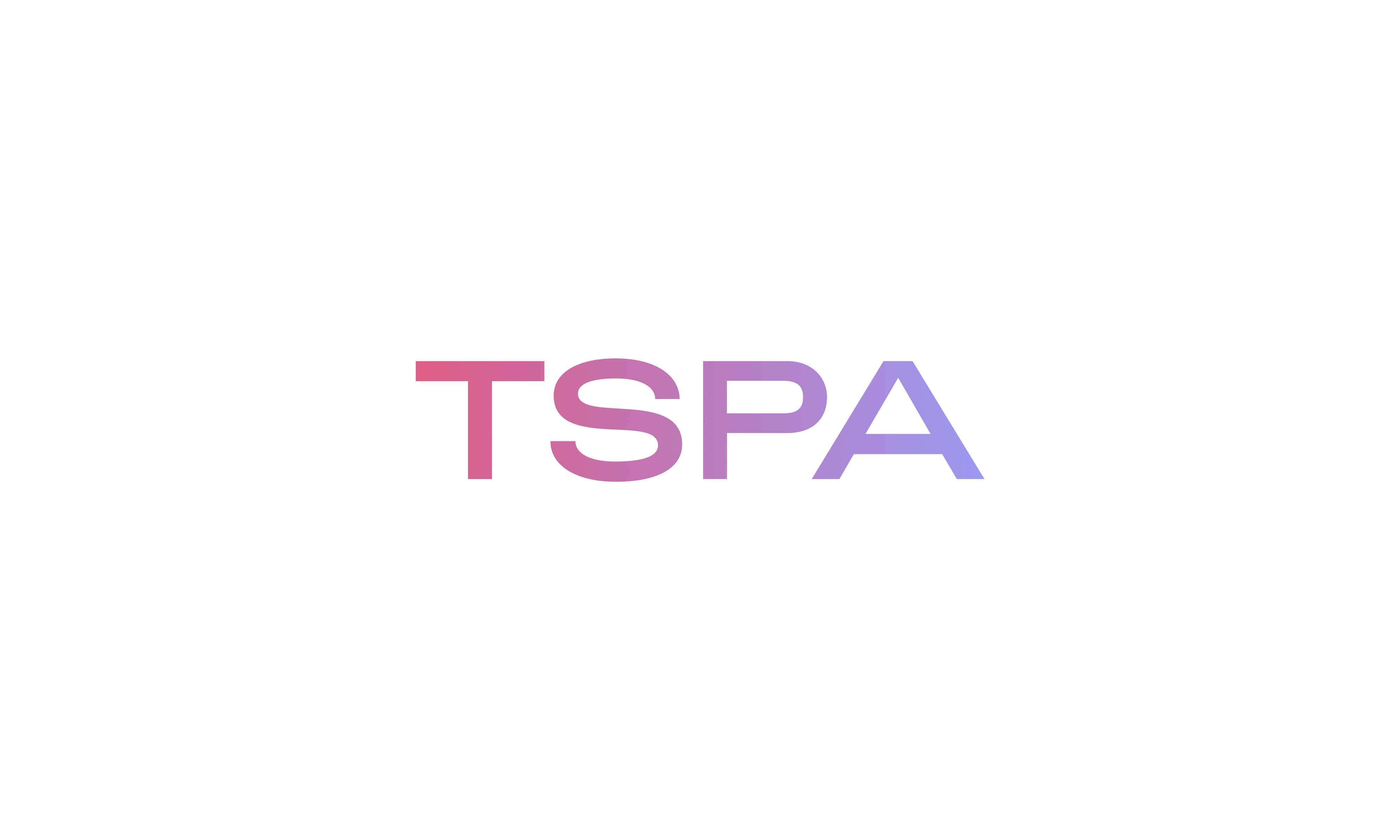Granollers focuses on transforming the new urban developments in the city into low-carbon neighbourhoods through co-designed planning guidelines. The initiative integrates green and grey infrastructure, resilient urban design, and inclusive strategies to adapt to floodings and high temperatures while creating/searching opportunities for everyone.
The UP2030 Granollers pilot focuses on how to transform the new neighbourhood to be developed near the Rail Station into a climate-neutral, resilient, and socially inclusive urban area. From the results obtained in this area, the urban transformation is guided and upscaled through the city by the development of a "Set of Guidelines for a Greener City with Opportunities for Everyone," which provides technical criteria and strategies to support equitable urban growth. Rooted in Granollers' vision by 2030 of a healthy, sustainable city that places people at the centre, the guidelines reflect priorities, including climate resilience to local vulnerabilities (heatwaves and pluvial flooding), decarbonization of city sectors, and enhanced accessibility and inclusion. The prototype incorporates extensive co-creation with over 100 stakeholders from city departments, civil society, academia, and the general public.
By applying tools like RESCCUE (for cost-effective climate adaptation) and City Scan (for urban scenario modelling), the project generates technical guidelines for sustainable urban planning. These guidelines will accompany future city projects, supporting Granollers’ climate resilience and inclusivity vision.

City decision-makers and planners, urban designers, and city council municipal areas in charge of the urban services/facilities of the city.
Impact and Long Term Vision
Granollers’ guidelines create a replicable framework for future developments. By synthesizing technical tools and community insight, the pilot delivers a structured, scalable method for achieving climate neutrality, resilience, and spatial justice. As a pilot prototype, the guidelines will function as a stylebook for emerging city transformation processes, shaping future urban development initiatives.
- Aquatec
- Icatalist (ICA)
- TSPA
- Vrije Universiteit Brussel (VUB)
- Centre for Research & Technology Hellas (CERTH)
- URLAB

Leading the application of RESCCUE for assessing and prioritising flood adaptation strategies.

Providing and guiding the LAA methodology applied in the co-creation process.

Developing and applying the City Scan tool to evaluate and compare low-carbon urban design scenarios.

Supporting engagement through Neutrality Story Maps (NSMs).

Supporting engagement through Neutrality Story Maps (NSMs).

Providing expertise in resilience-oriented planning content.



